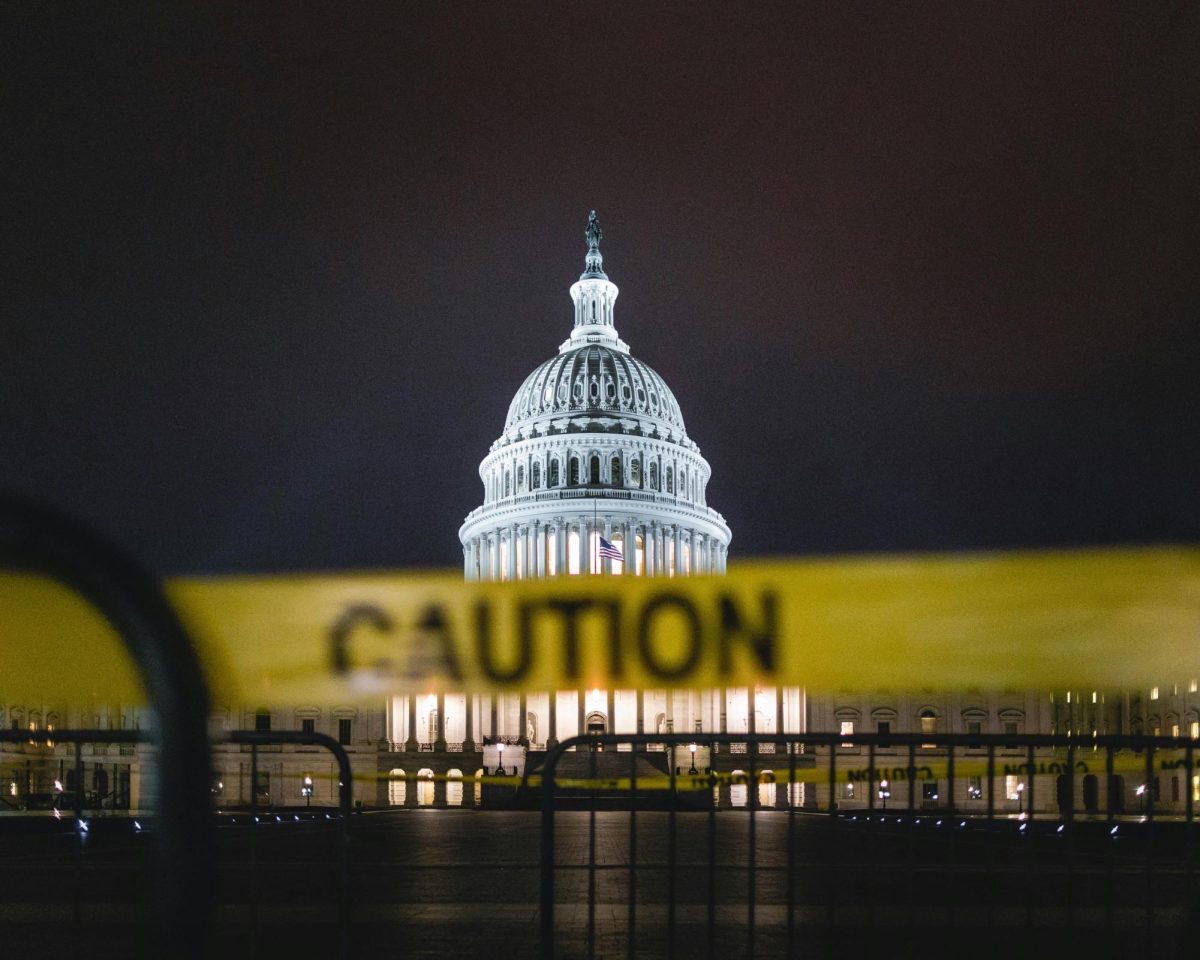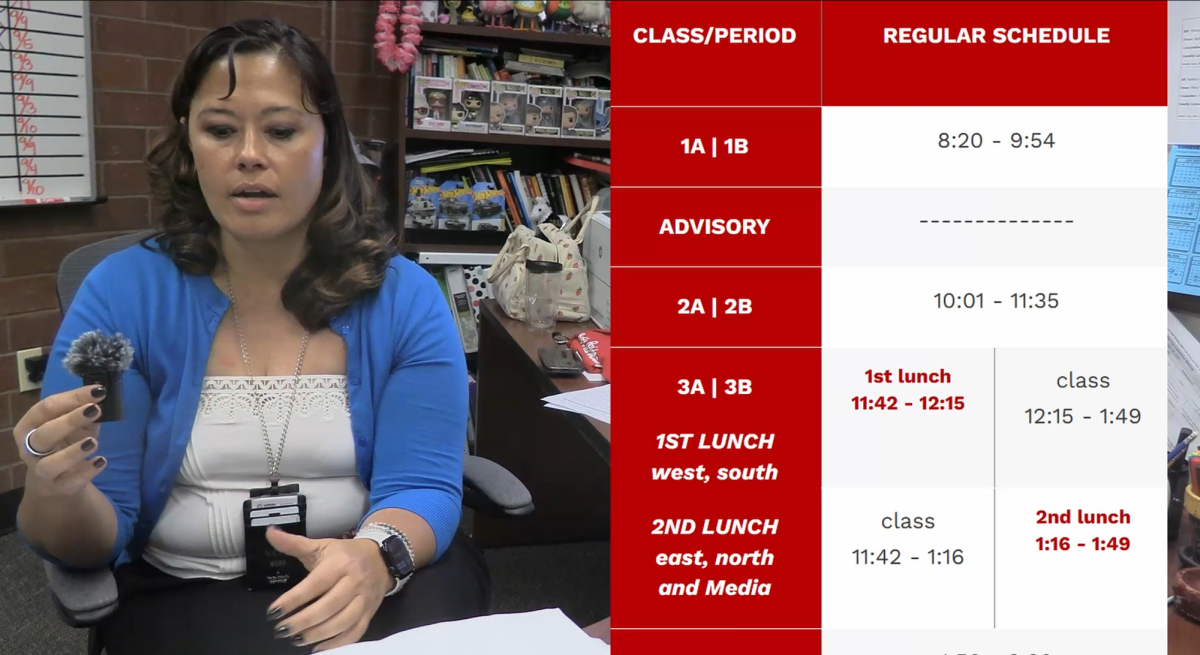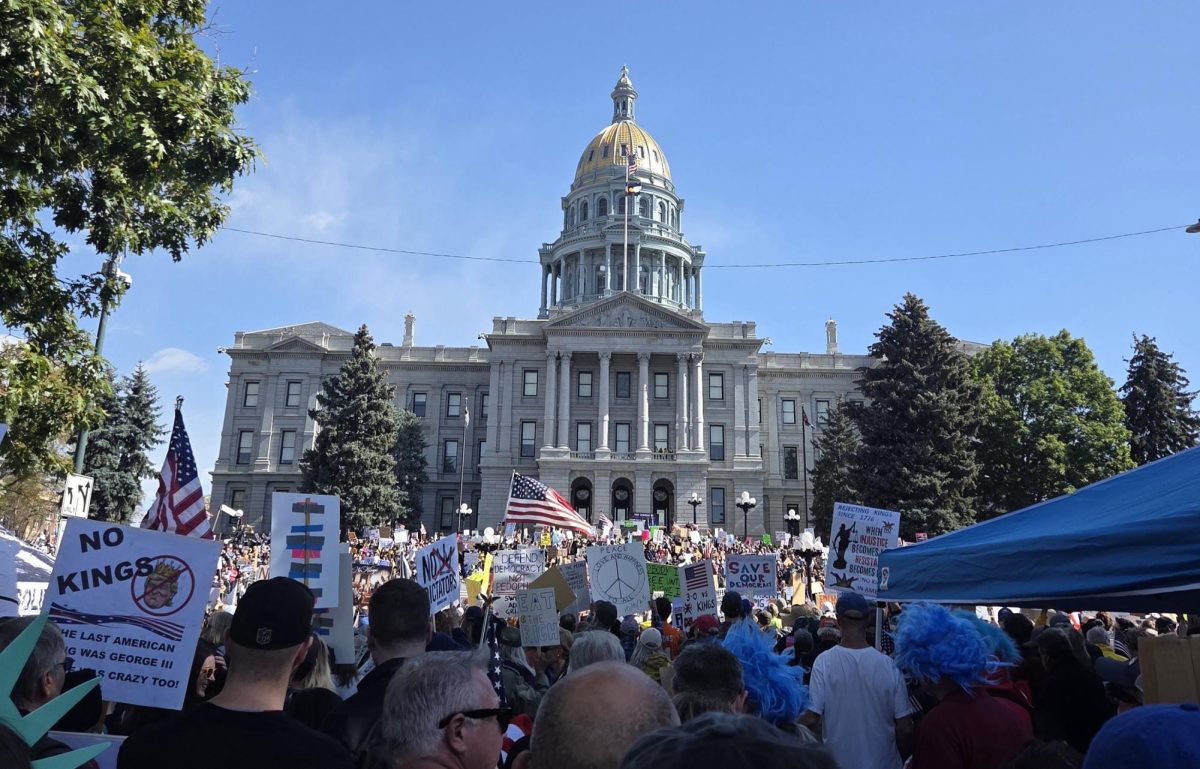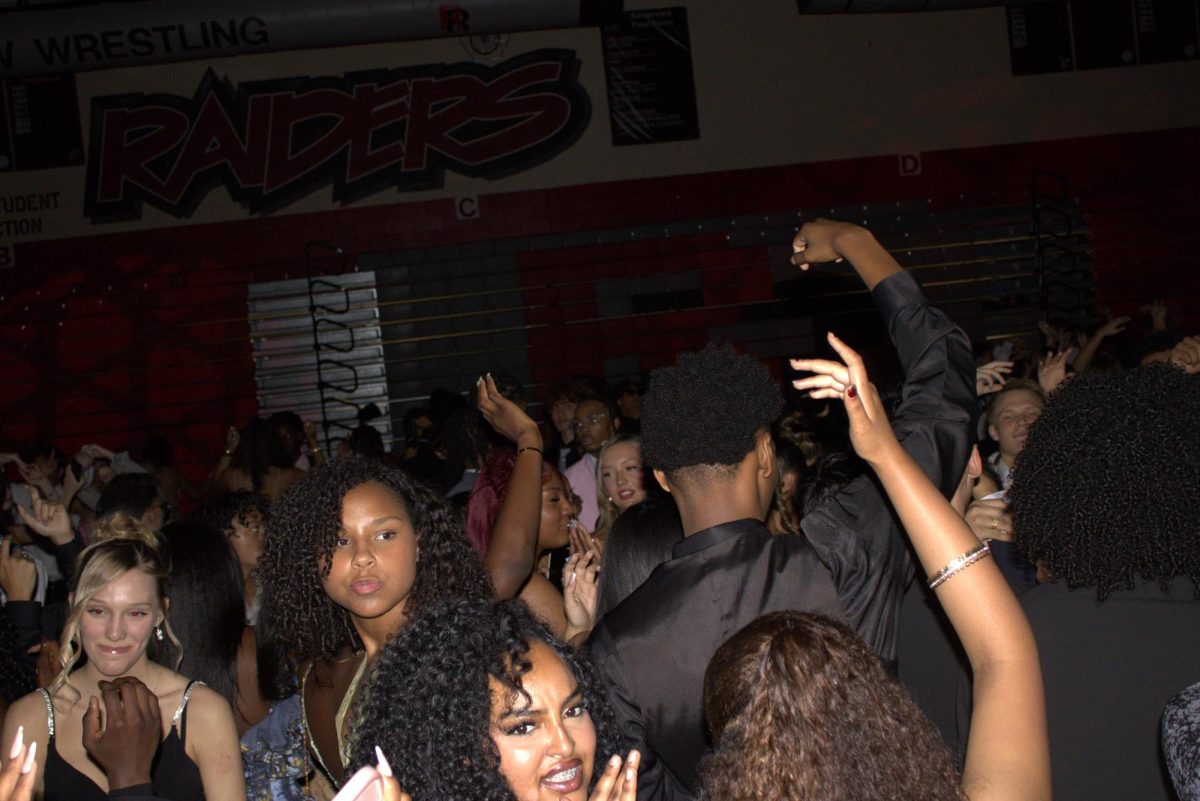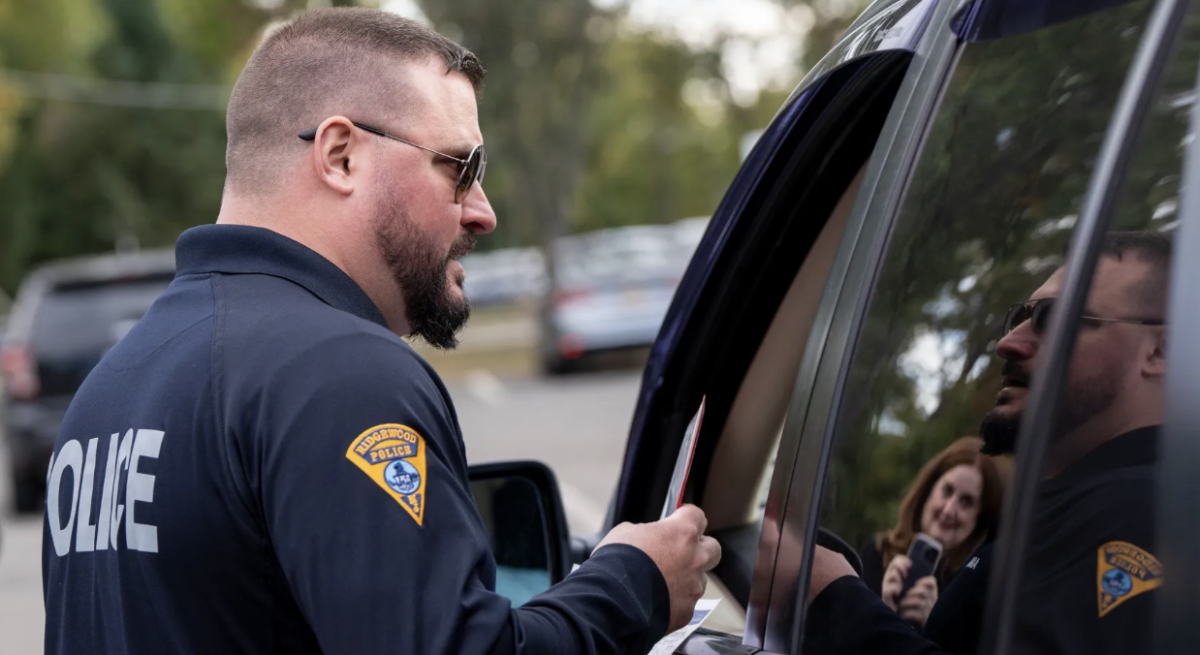Structured in citizen participation, the United States has been historically known to value the opinion of the public, the importance of the people’s involvement in politics isn’t a nuanced idea. However, public involvement rates with voting haven’t changed much over the past 30 years, even with higher population rates.
The lack of voter turnout among the younger population directly affects their future. Everything from the climate crisis, to human rights, generations younger than Millennials are personally influenced by the decisions of older voters. Perhaps the reason for low youth voter turnout in the U.S. is due to lack of education about political topics. The New York Times offers a solution to this concept, by suggesting more preparation in civics education on teaching students how to vote, instead of just about voting.
In recent years voting turnout for younger generations has decreased dramatically, data collected from 2000 through 2016, by Oxford University show that the turnout for voters ages 18-29 in the U.S. doesn’t even hit the 50% mark. “I think that younger generations aren’t as likely to vote because they might not know the direct connection voting has to their lives in their community. For example, elections for school board, mayor, state and national representatives and senators,” said Samantha Westerdale, a current RHS educator and Board Director for the Colorado Council for Social Studies. This leaves older generations, with higher voter turnout rates, to be the representing voters across the country, constructing the idea that younger voters have no voice within the U.S.
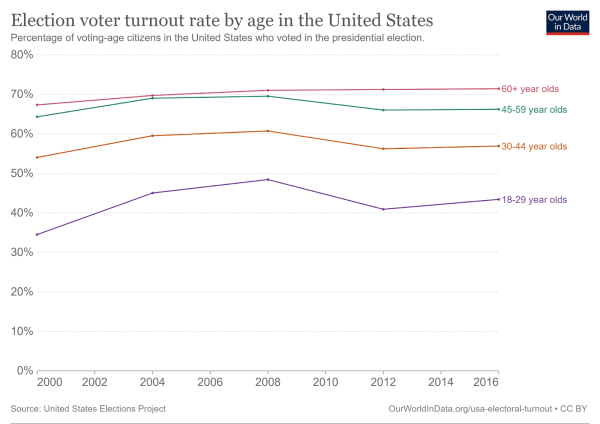
A survey conducted at Rangeview High School was set to determine the population of registered voters within the student body, a sample of juniors and seniors were asked to take the survey and express their opinions of politics and voting. With only 22.9% of the sample claiming they were registered to vote it left 77% saying they weren’t. eighty-four percent of the sample stated that they weren’t old enough to get registered, claiming that they were waiting until they were 18 years old to do so. While the remaining 16% of students claimed that they haven’t looked into it, or they aren’t aware of the current political climate. This begs the question, how much do high school students really know about voting and voter registration?
From the age of 16, high school students living in Colorado are eligible to register to vote, the requirements include, being a U.S. citizen, at least 16 years old, living in Colorado for 22 days, and having no previous or current sentences or detentions for felonies, excluding probation and parole. “I think the issue is that there is just so much going on that it can be overwhelming in the news cycle so it leads to a disinterest in politics,” claims Westerdale.
Meaning, that a majority of the student population of juniors and seniors at RHS aren’t even aware that they’re eligible to get registered to vote.
Based on statistics from 2022, Colorado was in the top 5 states to have the highest youth voter turnout within the nation. However, in accordance with Tisch college’s research, the overall voter turnout rate among younger generations has dropped nearly 8% from 2018 to 2022, and the national youth voter turnout rate dropping by five percent.
When asked what if they would vote in the 2024 presidential election, only 45.7% of the sample answered yes, 32.4% answering maybe, and nearly 23% answering no. Furthermore, it’s not uncommon that political candidates are under representative of the communities around them, especially with unpopular candidates, like Trump or Biden, both of which are running for the presidential election in November 2024. This leaves fewer outside candidates who are representative of minorities, to be cast out, due to the favor that older generations have with marginalized candidates (Like Trump and Biden).
Those who answered no to the survey were asked what would incentivize them to vote, with 31.25% claiming they want better representation among the candidates, or more knowledge about the topics. Going back to what The New York Times suggested, It’s clear that students need more information not only about political topics, but information on how to vote as well.
Statistics like these correlate directly to how importantly students view politics within their communities, and how they value their individual voices. The construct of equal voice and representation was fundamental to the structure of American politics and yet older generations seem to value those constructs more than younger ones, “I think a lack of voter registration could affect current and future generations because we lose access to power,” said Westerdale “if our voice is not represented due to lack of voter registration or other acts of civic engagement, how would those in power truly represent us?” Although younger generations like Gen Z and millennials were thoroughly engaged in the 2020 presidential election, this still leaves the matter of encouraging and informing younger people to stay engaged with the world around them, especially high school students, creating a rift in discouraging statistics that make the world around us.

